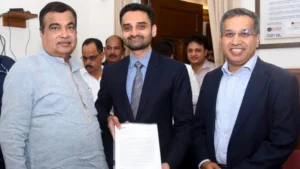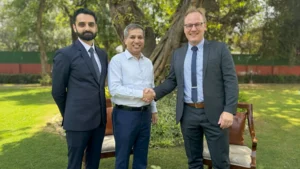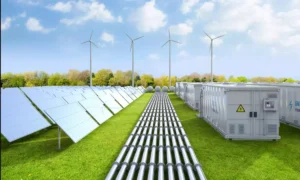By Kushagra Nandan, Founder, Managing Director Co- and Chief Executive Officer, SunSource Energy
In the wake of the heightened demand for clean energy fuelled by net zero am- bitions, economic viability and governmental impetus, India has witnessed significant strides in the renewable energy sector. The Green Energy Open Access [GEOA] Rules, introduced by the government in June 2022, constitute a pivotal measure that aims to catalyse India’s renewable energy programmes, ensuring accessible, sustainable and affordable green energy for all. The central idea involved a shift from government-led capacity installations towards consumer-centric decentralised solutions. However, the successful realisation of the benefits of the GEOA Rules faces various challenges, necessitating strategic solutions.
There has been encouraging progress, with states such as Karnataka, Haryana, Madhya Pradesh, Punjab, Gujarat and West Bengal moving ahead with open access regulations. Commercial and industrial (C&I) consumers, driven by financial and decarbonisation goals, increasingly procure renewable energy directly through corporate power purchase agreements, contributing to the momentum. As of August 2023, 10 states are at various stages of implementing the GEOA Rules.
To expedite its implementation, other states should emulate the swift action taken by Maharashtra. In August 2023, the Maharashtra Electricity Regulatory Commission (MERC) issued a directive to amend its distribution open access regulations to include relevant GEOA changes. As of today, this has been finalised in the state.






